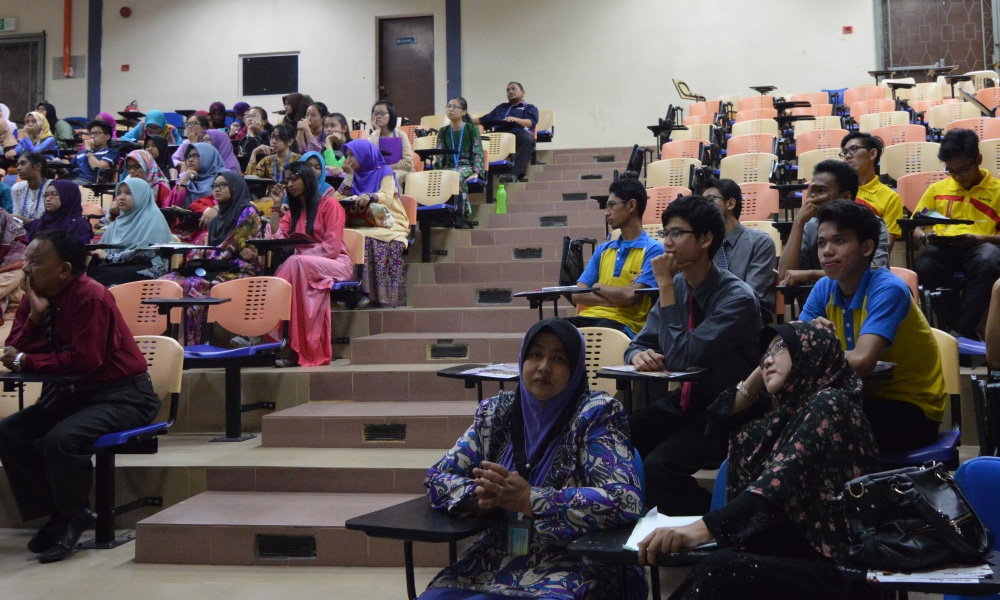The cabinet has agreed to increase student intake into the pre-university matriculation programme from 25,000 to 40,000.
However, the quota system allocating 90 percent of seats for bumiputera, and 10 percent for non-bumiputera will remain, according to Education Minister Maszlee Malik.
"The Education Ministry had raised the matriculation intake issue in today's cabinet meeting.
"The cabinet has agreed to increase the intake into the programme to 40,000, from the previous 25,000," he said in a statement today.
Maszlee added that the move was to ensure performing students are given the chance to further their education to a higher level.
The decision comes amid criticism that Indian students, including those who scored straight As in their SPM, were being deprived of the chance to be admitted into the programme.
The annual student intake for the matriculation programme is 25,000, of which 2,500 seats are allocated for non-bumiputera students.
Maszlee said last Friday that the 2,200 and 1,000 seats allocated respectively for Indian and Chinese students was a "one-off initiative" valid only for 2018. It was based on needs at the time, and involved seats allocated under the bumiputera quota that had not been filled.
However, it was reported that only an approximate 700 places were offered.
Quota system to stay
In his statement, the education minister said the government sees the need to maximize capacity in the matriculation programme to produce more science graduates.
"This decision is also seen as the best option to allow the matriculation programme to provide educational opportunities to all races.
"The cabinet also decided that the 90 percent quota for bumiputera students will be maintained, in line with the programme's original vision to encourage bumiputera students to study in the field of science," he said.
"With regards to the additional cost incurred by the increase in seats, the ministry will soon have a meeting with the Finance Ministry to look for a solution.
"The cabinet has also asked the Education Ministry to assess the need to use the premises of and expertise in teachers' training institutes to accommodate this increase."


